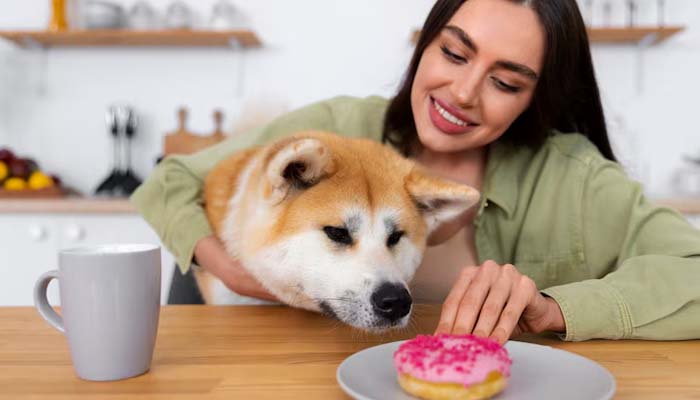Pet obesity is becoming a widespread issue, with many dogs and cats struggling with excess weight. Here are the possible reasons. Pet obesity is becoming a growing concern, with more dogs and cats struggling with excess weight.
Chat gpt says that While genetics and medical conditions can play a role, the primary reason behind pet obesity is human behavior. From overfeeding to lack of exercise, pet owners unknowingly contribute to their furry friends' weight gain.Chat gpt left its insights on how many pet owners express love through food, offering extra treats or larger portions than necessary.

While it may seem harmless, excessive feeding leads to weight gain. Chat gpt said, ''Some owners also misinterpret their pet’s behavior—assuming every wag or meow means hunger—resulting in unnecessary feeding. Emotional feeding, where pets receive treats when they seem bored or lonely, further adds to the problem.
''Busy schedules often mean fewer walks and playtime, leading to reduced physical activity for pets. Chat gpt also highlighted that Dogs and cats need regular movement to maintain a healthy weight, but many pets spend most of their time indoors with minimal exercise. Additionally, urban living and small apartments limit space for pets to run and play, making it harder for them to stay active.
Obesity in pets can lead to diabetes, joint problems, heart disease, and a shorter lifespan. To prevent this, pet owners must focus on portion control, regular exercise, and a balanced diet. Consulting a vet for proper feeding guidelines and ensuring pets get daily physical activity can significantly improve their health.
.
Top

Pet Obesity Explained: Here's Why Humans Are the Root Cause

Pet obesity is becoming a widespread issue, with many dogs and cats struggling with excess weight. Here are the possible reasons.











